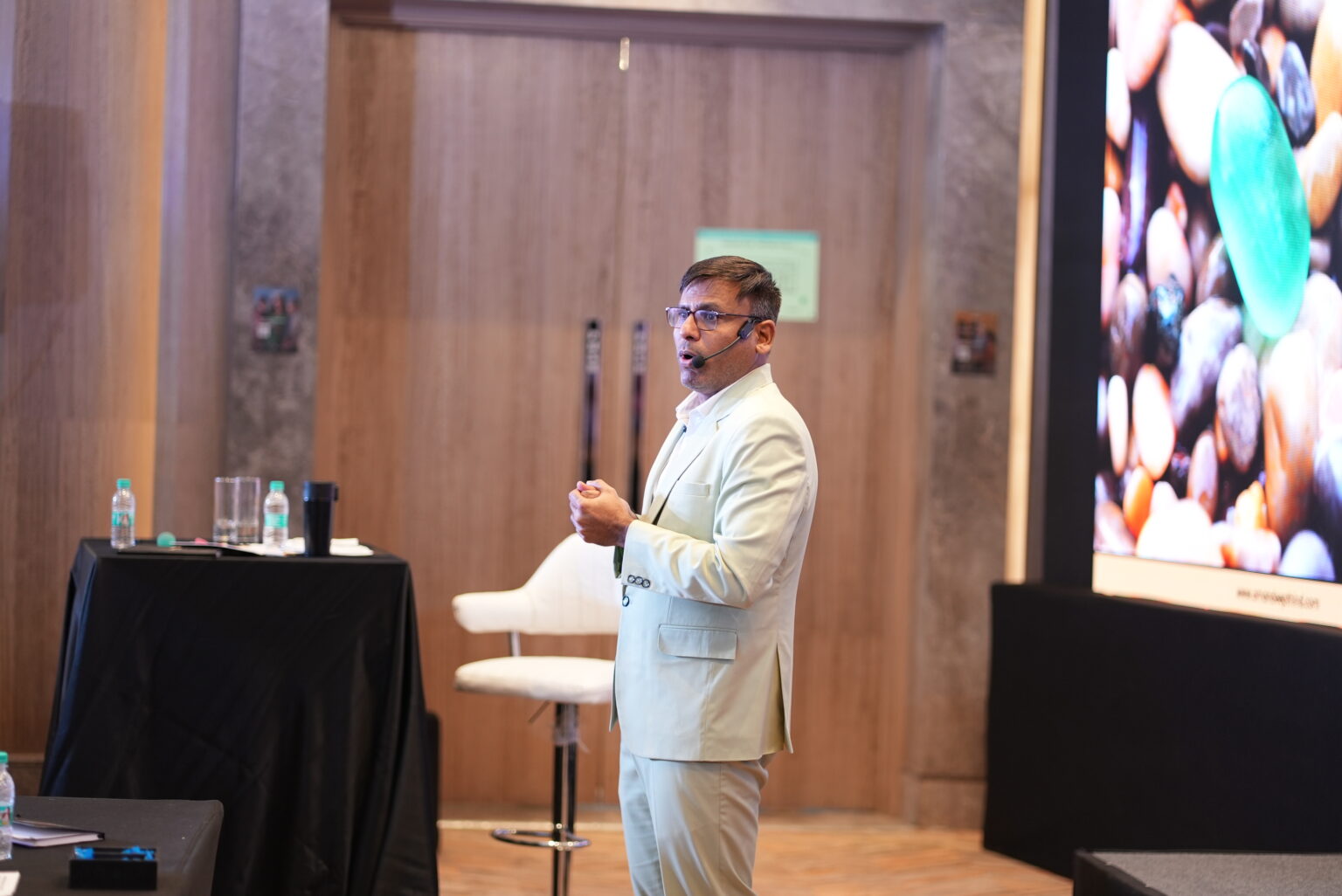Public speaking is a powerful tool for growing your profession or business. It can be used in front of a small team or a large audience. A great speech or presentation is crucial for lasting impact in each case.
Many novice speakers might worry or fret over making mistakes, but the good news is that most of these issues can be resolved just with proper knowledge and practice. Here are some of the most common public speaking mistakes that you should avoid:
-
Being Underprepared
One of the biggest mistakes many speakers make during public speaking is not preparing well enough. Being prepared is crucial as it ensures you have a clear outline of what you want to say and how you will say it.
This also includes clearly understanding your audience, their interests, and concerns so that you can alter and adapt your content or message accordingly. So, Be Prepared!
-
Reading from Notes
This is also a very common mistake that many novice speakers make during public speaking: reading directly from notes. Although sometimes that may not be an issue, practicing this will make you sound robotic and uninspired.
This makes it difficult for the audience to connect with you and absorb the message’s true essence. So, avoid referencing from your notes or slides, prepare and learn beforehand.
-
Not Engaging with Audience
Many speakers make the very frequent mistake of failing to engage the audience or viewers during a presentation. This will only lead to the audience failing to remember the information or message that you present.
-
Speaking too fast
Well, it’s a trap many people fall into, especially when nervous or facing a difficult situation. This indefinitely leads the audience to lose their focus and makes you appear nervous or underprepared.
-
Using excessive Fillers
Another big rookie mistake is relying too much on filler words like “ums, aah, like, or you know”. These words tend to creep in when speakers are not giving themselves enough time to think.
Just take a deep breath and give yourself time to gather your thoughts. The silence may sound quite long and loud to you than to the audience, but it can help emphasize your key points.

-
Excessive focus on yourself
When speaking in front of a large audience, it is easy to get caught up in our thoughts and concerns while giving a speech or presentation. However, focusing too much on yourself risks losing your audience’s attention and interest.
-
Not maintaining eye contact
Did you know that making eye contact is an indicator of trust and connection? Many speakers during public speaking fail to understand this and make this mistake.
When giving a presentation, it is important to make eye contact with your audience. This will help build trust and connection and make you appear more confident and engaged in what you are saying.
-
Use of Jargon or Technical Language
While it is very tempting and feels good, the harsh truth is that using jargon or technical language doesn’t make you sound more knowledgeable or credible. This can severely backfire and alienate your audience.
The top speakers avoid this mistake and use simple and understandable language; this is a very obvious public speaking mistake that is a surefire way to lose your audience’s interest.
-
Focusing on slides
During a presentation, it is quite easy to get caught up in them and lose your focus on the audience. This will only lead to a disengaged and inattentive audience. Stop reading, Start Connecting.
The reality is that slides with endless bullet points only bore the audience. Instead, start using visuals and short phrases that maintain the flow and achieve the purpose of your presentation. You are the presentation, not the slides!
-
Lack of Practice
One of the major speaking problems is not practising enough. Proper practice and revision can easily deliver a smooth and confident presentation. A lack of practice will only lead to errors or obstacles that hinder your message or presentation during public speaking.
Public speaking is a very valuable skill that can open doors to many opportunities in professional and personal life. Avoid common mistakes like being underprepared, referencing notes, speaking too fast, failing to engage, etc.
You can significantly improve your effectiveness as a public speaker. Remember, every speaker makes mistakes; correcting and working on them makes a great speaker who leaves an impact.

